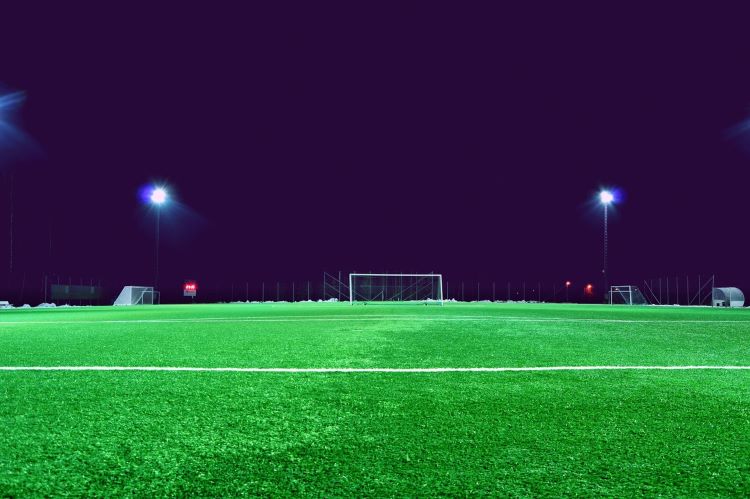The coronavirus pandemic has proven to be a huge test to football authorities across Europe, with all nations apart from Belarus closing down their competitions completely from the middle of March. But as the weeks went by, frenzied efforts were taking place behind the scenes to work out how there could be a resumption, with a host of conflicting interests to consider.
For some countries, the obstacles to restarting their domestic leagues were deemed to be insurmountable. The biggest nation to have announced a complete cancellation of the 2019-20 season so far is France. The Netherlands and Scotland have also called off their seasons, while lower league English football appears to be unlikely to resume.
On the other hand, major leagues such as La Liga and Serie A are officially aiming for a return, and one of Europe’s big tournaments, the Bundesliga, is about to begin their second weekend of matches since resuming the season, although with strict conditions in place, including no fans attending games, limits on media attendees and regular testing.

So where does this leave the Premier League? Currently, the proposal is for the Premier League to resume on June 12, but while most clubs seem to be keen to restart, such sentiment is by no means universal, and several players have expressed concerns about that start date.
While many major industries around the sports events like broadcasting, betting and news coverage are set to gain a boost an aborted return or a season that came to be seen as a farce would be a disaster for the reputation of the league and the sport in England.
One of the biggest issues is the question of where the remaining games will be played. Originally it was reported that the UK government wanted games to be held in neutral stadiums, numbering between eight and ten. But that led to pushback, not least from clubs with must-win home games still to play who felt they would be disadvantaged.
In addition, a number of clubs, including Leicester City, Arsenal and Manchester City, play in sponsored stadiums, so a solution that involved moving home games from those venues could have significant financial implications, with clubs reluctant to get into renegotiating sponsorship deals.
At the moment, then, the likeliest outcome is that the busy schedule to end the season will be played out at as planned, but with significant precautions, including no fans, a limit on the number of media figures in attendance and stringent measures to ensure safety.
This would entail the presence of NHS staff and ambulances, but that raises another potential problem, in that local NHS Trusts might be reluctant to divert resources at a time when they are under huge pressure, with the solution likely to be private ambulances and medical staff.
Perhaps the trickiest issues to resolve concern testing and protecting the wellbeing of players. To an extent, the resumption of training this week will be a dry run, and the Premier League advice to clubs has been extensive. Players have been instructed to arrive at training in their kit, bringing their own towels and water bottles, and to wear masks or snoods at all times throughout training. The training itself has to be run on the basis of social distancing, and restricted to small groups, at least initially.
As for testing, it has been reported that the Premier League is to buy up 40,000 home testing kits from a company based in Hong Kong, and will be monitoring test results on a central database, with those players testing positive instructed to self-isolate for 14 days. But this clearly hasn’t been sufficient to persuade a number of high profile players, including Danny Rose and Troy Deeney, and if the return to training leads to a rash of new cases, that opposition will surely build. So while the Premier League is doing all they can to resume the season, at the moment, that outcome remains uncertain.



